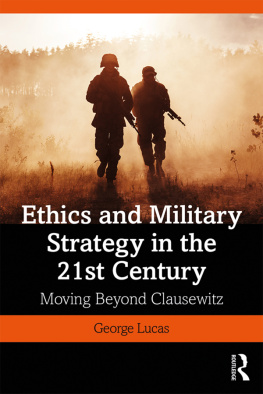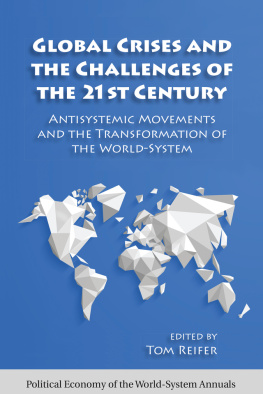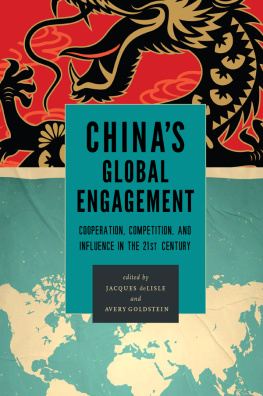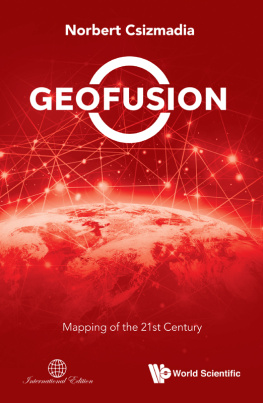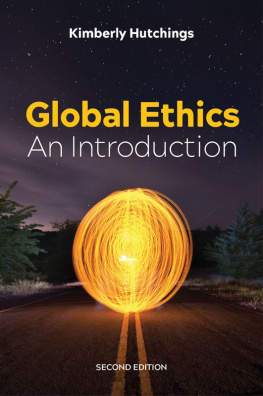Frey Freya
Jeffrey Gough
Austin Macauley Publishers
2020-03-31
UNTITLED
About the Author
Gwen S Francis was born in rural New Zealand six years after the end of World War 1. Her practical experience in parenting, teaching, farming, sport, business, involvement in local and national government affairs as well as youth and community work, added to academic qualifications in ethical and environmental education enabled her to write this book.
Dedication
Standing Upright Here is an investment in the future of my descendants who are now living in different parts of our world, and in changing societies. It is also an offering to a wider global readership in the belief that even the little that one ordinary person can do is better than standing by and doing nothing.
Copyright Information
Gwen S Francis (2018)
The right of Gwen S Francis to be identified as author of this work has been asserted by her in accordance with section 77 and 78 of the Copyright, Designs and Patents Act 1988.
All rights reserved. No part of this publication may be reproduced, stored in a retrieval system, or transmitted in any form or by any means, electronic, mechanical, photocopying, recording, or otherwise, without the prior permission of the publishers.
Any person who commits any unauthorised act in relation to this publication may be liable to criminal prosecution and civil claims for damages.
A CIP catalogue record for this title is available from the British Library.
ISBN 9781787107854 (Paperback)
ISBN 9781787107861 (E-Book)
www.austinmacauley.com
First Published (2018)
Austin Macauley Publishers Ltd.TM
25 Canada Square
Canary Wharf
London
E14 5LQ
PREFACE
Around the world people are moving in a way and at a speed that they have never done before. Refugees are taking their children and fleeing from war-torn countries, Migrants are taking enormous risks as they move to other countries where they believe they will have a better life. The people already living in the countries to which people are moving are becoming worried as they see their own traditions and cultures in danger of being overrun. Waves of immigrants can change the character of state schools or overwhelm the capabilities of health services, and yet where there is compassion for the unfortunate, it is difficult, if not impossible, to ignore the suffering of the displaced. Some countries in Europe were at first welcoming to refugees with children, because their own birth rates were too low to sustain the needs of the future, but there is a limit to the numbers required, and problems arise where newcomers do not integrate into existing cultures and societies, or where those already there resist change that is sure to come. Well-meaning authorities try to consider the wishes of minority groups but can end up causing resentment amongst those already living in an area.
Ethical relativity has been a popular theory in the recent past because it affirms the right of people to make ethical decisions within their own cultures. Ethical relativity fails where cultures intersect and ethical values clash. Decisions have to be made. Whose values should take precedence? Then problems can arise, with accusations that one group is being favoured over another. Ethics based on the teachings of any particular religion will not be universally accepted. I learnt this when I went back to university in the 1990s to study world religions. I also learnt that no one ethical theory is universally accepted and it is doubtful if it will ever be. In the meantime, it seems that the conversation is ongoing. In real life an ongoing conversation is not enough. Decisions have to be made. Whenever the values or rights of one group conflict with the values or claimed rights of another, there is a need for simple ethical principles that can be used to make consistent ethical decisions.
We need to understand also that there is a difference between ethical and non-ethical values. We appreciate diversity in food. We find different traditional celebrations and dancing interesting and an enjoyable spectacle, but an ethical element enters any situation as soon as diversity starts to affect other people. For example, we can appreciate diversity in art or in music, but if music is played so loudly that it affects other people then there is an ethical element involved and ethical decisions have to be made. The same ethical principles can be applied in other situations where disagreement occurs. Though we enjoy the food of many different ethnic groups, an ethical element arises if there has been cruelty to animals or people or harm to the environment in the production of that food.
There is also an ethical element that involves selfishness, greed or apathy when parts of the world waste food while people in other parts of the world starve. No particular ethnic group is perfect. A good education and a high IQ does not guarantee a high level of ethical reasoning. Some of our worst white-collar criminals are highly educated. Accusations of racism can be made. Where a group moves into another community and wants to follow traditions that affect other people adversely in some way, it is easy for those already there to generalise in their opinion of the whole group. The ethical principle of truth is needed to consider whether a statement is purely racist and based on a dislike of a particular ethnic group, or whether the actions of that group harm the community as a whole and that is the reason for the dislike. Communication is required, along with a genuine desire to find a solution that uses the principle of justice in deciding what is going to be a fair solution to the problem.
As well as truth and justice, two other ethical principles are required in making ethical decisions. They are the principle of wisdom, or common sense in considering the likely consequences of our actions, and the principle of love, which means caring about and respect for other people. Love involves the Golden Rule that is treating other people the way we would like them to treat us if we were in that position. This is not just a Christian precept. It appears in the teachings of all major religions and is accepted by humanists as a reasonable measure of human behaviour.
There is an ethical element in all of the actions of people today wherever they affect, or are going to affect, the lives of others, of future generations or the environment in which they will have to live. These four simple principles can be used in making ethical decisions in our everyday lives. They can be taught to children starting from a young age;
Wisdom We should be sensible
Justice We should be fair
Truth We should be honest
Love We should be kind.
The principles can be expanded as students become older and repeated until ethical reasoning becomes a habit.
Wisdom What will be the likely consequences if we go down that track? Will our decision maximise the good and minimise the harm? Now or in the future?
Justice Are all those involved being treated fairly? Will what is claimed as justice to one result in injustice to another?
Truth Is this decision based on factual evidence? Have we got all the truth here? What are the motives of those involved in providing the evidence? Who will profit from this decision? Is anyone using undue power to influence the outcome?



